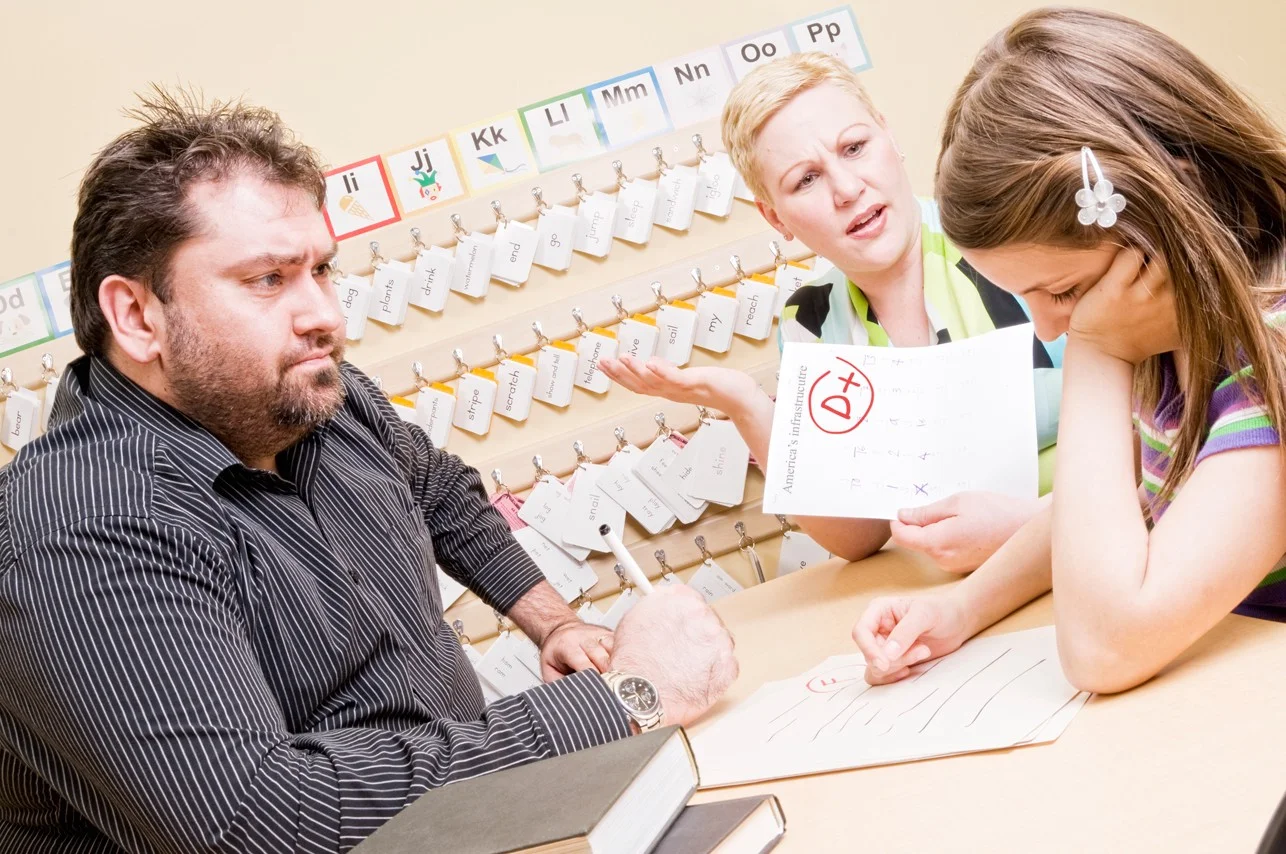Some kids learn social behaviors and just fit in and get along with others. And other children really struggle. And here is the paradox if a child does not play well with others then they are invited to play less and then they do not get the crucial opportunity to practice their social skills.
My Child Can’t Make Friends & Keep Them - What is Wrong With Her?
Raising the Consistently Inconsistent Kid
One way you can identify your child’s lagging skills is by asking yourself the following question: “What is getting in the way of my child’s success?” Start by trying to figure out what the overall reasons are for your child’s inconsistency. Some kids freak out about timed events or tests. Some can’t handle peer pressure. Some don’t understand social boundaries. Some don’t know what to do when they make a mistake, and they fall apart and blow the rest of the race, recital, test, etc.
Everyone is Working on Something
If you are the parent of one of these unique kids, the negativity is probably starting to get to you. These criticisms may be making you feel stressed, frustrated, or even ashamed by your child’s behavior. Even though, deep down, you understand that change and growth takes time, you wish you could do something that would make your child “fit in” now so you didn’t have to watch your child struggle with the pain of being different.
We May Have Eliminated “Last Picked” But Not “Picked On”
Kids are still going to be picked on at school and we should not underestimate the power of that dread. As we are well into the school year, many kids are falling victim to the class bully. Others may be suffering from being left out of the “in” crowd, silently scolded for being different simply by the fact that they are on the periphery and are not welcomed into a group.
A Castle with Walls Too Thick to Penetrate
Avoidance is a sign. Not a sign that the child does not care. Or a sign that he lacks motivation, is resistant, or is just uninterested in having friends, but a sign that he does not know how to break down the barriers so he can participate, or “join in”. Without a roadmap or help with his social plan, children and teenagers often shut down.







